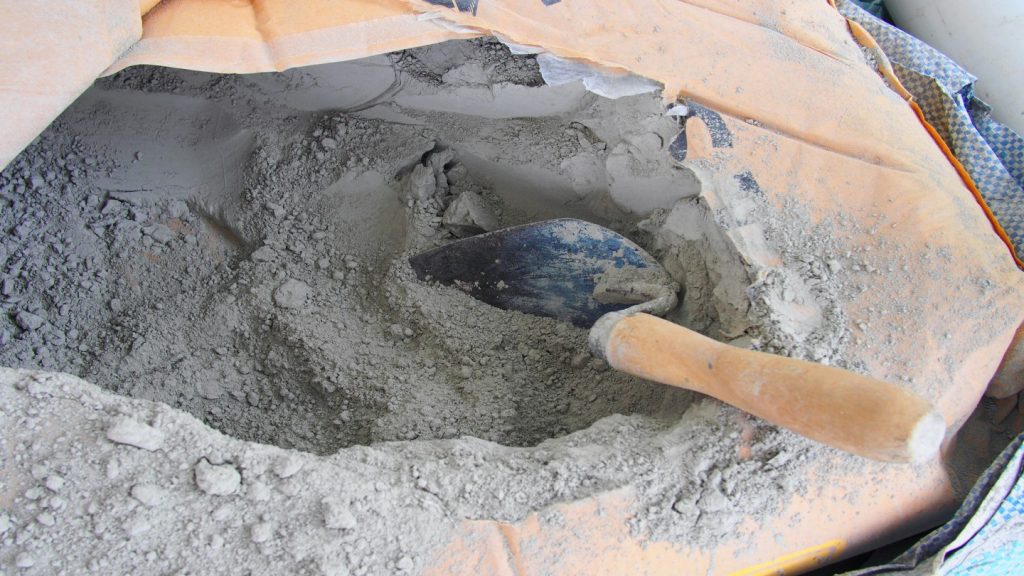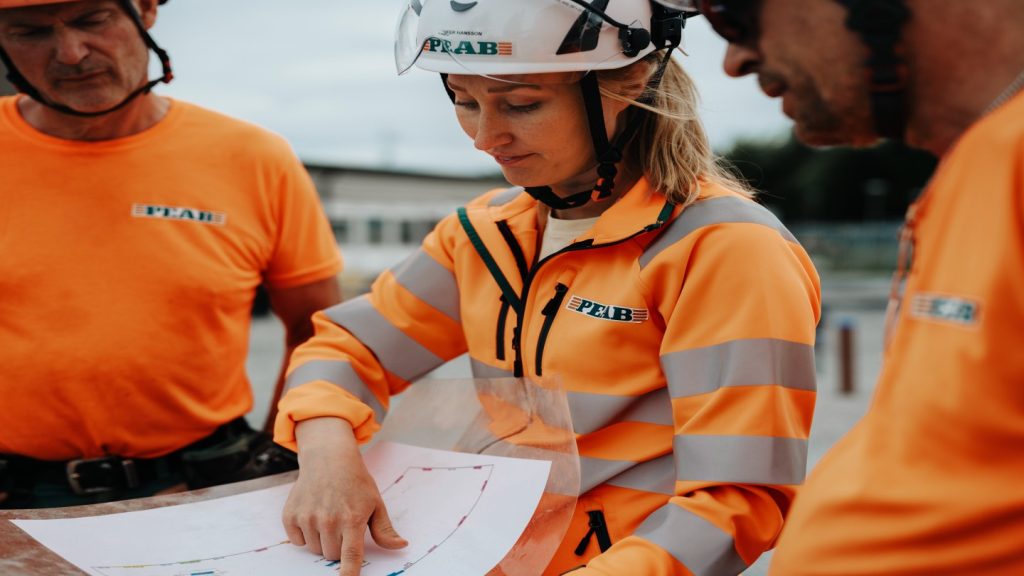Rutgers’ Center for Advanced Infrastructure and Transportation (CAIT) in the US has been awarded a five-year, $5m cooperative agreement to research the use of steel slag as a sustainable alternative to cement in concrete.
Awarded by the US Department of Transportation (USDOT), the initiative will see Rutgers CAIT studying materials that support net-zero greenhouse gas emission goals.
These materials are also expected to enhance infrastructure resilience and reduce environmental impacts from the domestic transportation sector.
Rutgers principal investigator and research professor Robert Miskewitz said: “A byproduct of iron and steel production, slag naturally has a chemical composition that can be used to reduce or replace traditional cement.
“Approximately 16 million tonnes of slag was produced domestically in 2023, representing a significant opportunity for this material to be reused in innovative and sustainable ways.”
The team will comprise scientists and engineers with expertise in cement's production, performance, and environmental impact.
This includes Oregon State University, New Jersey Institute of Technology, and the University of Florida.
Nucor and TMS International, along with Holcim, Levy, and the Slag Cement Association represent the industry partners in this venture.
CAIT director Ali Maher said: “This research has the potential to develop construction materials of the future that are more sustainably produced, durable, and resilient to the impacts of climate change.
“We are proud to work with the USDOT and our partners across the transportation industry on this critical initiative.”
Cement production is said to account for 8% of the world's annual carbon dioxide (CO₂) emissions.
The need for research into sustainable alternatives has become crucial as the Bipartisan Infrastructure Law’s recent allocations for transportation projects anticipate the use of approximately 28 million tonnes of cement.















